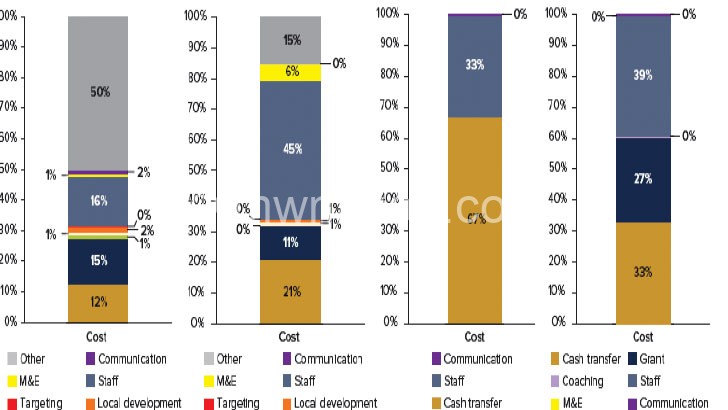World bank touts Economic inclusion
The World Bank has highlighted the need for strong economic inclusion programmes to build on pre-existing government initiatives, saying this is a critical tool in the long-term recovery efforts arising from the Covid-19 economic crisis.
In its 2021 State of Economic Inclusion Report, the World Bank said economic inclusion is becoming a critical instrument in Malawi’s large-scale anti-poverty programming such as social safety nets, which offer an opportunity to build on cash transfers.

The report titled The Potential of Scale, which identifies 219 active economic inclusion programmes in 75 countries, including Malawi, states that more than 50 percent of existing government-led programmes have the potential to support between five and 10 percent of the extreme poor households.
According to the report, in Malawi, the joint impact of an unconditional cash transfer and farm input subsidy was about 22 percent larger than that of the sum of the impacts of the stand-alone programmes on the value of production.
Reads the report: “The scale-up of government programmes, therefore, has the potential to introduce economies of scale and allow for integrated approaches.
“Government programmes, which typically include five or more components, most commonly transfers, skills training, coaching, market links and access to financial services are crucial.”
The World Bank has, however, pointed out that as programmes scale up, careful transparency and accountability measures should become paramount to ensuring reduced political bias.
To this end, economic inclusion programmes at scale can take advantage of established governance mechanisms in a country as well as actively develop measures to promote accountability and citizen engagement in their own programme.
The bank said that in Malawi, ongoing implementation of the community savings and investment promotion programme is aided by close collaboration with the Anti-Corruption Bureau where the new initiatives are being devised in targeted departments and beneficiary communities to prevent misuse of project resources, enhanced engagement of citizens and stakeholders, and enforcement through close supervision.
Economic statistician Alick Nyasulu observed that such programmes are indeed helping not only those affected with Covid-19 pandemic but also vulnerable groups trapped in poverty.
“The worry is, however, whether these funds are not driven away towards Covid-19 fight leaving vulnerable groups affected,” he said.
In Malawi, poverty levels were projected to worsen in the just-ended year to 56.3 percent from 50.5 percent as the measures which were effected to reduce the Covid-19 spread had reduced household incomes by an average of 11.4 percent, according to the International Food Policy Research Institute.





